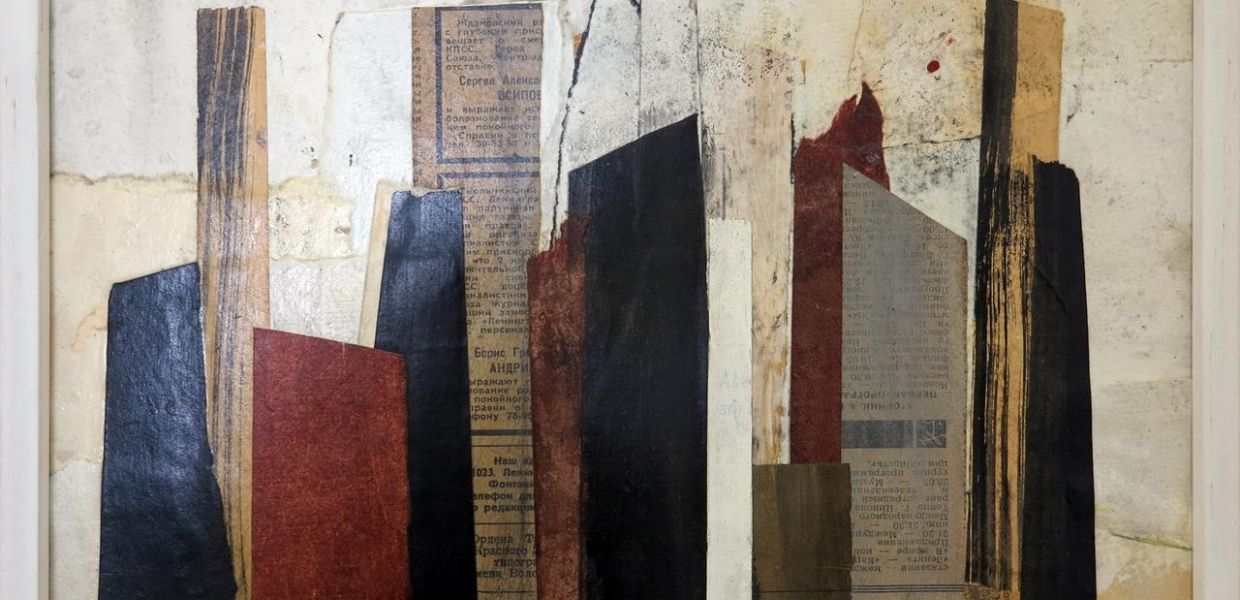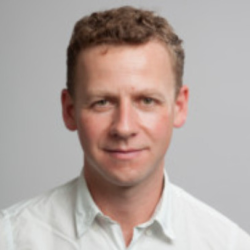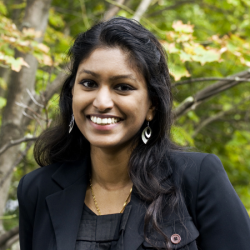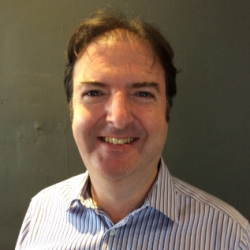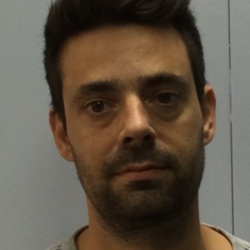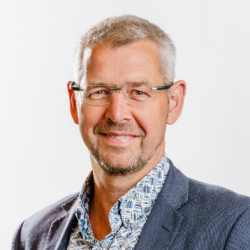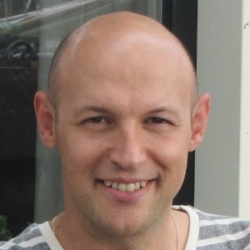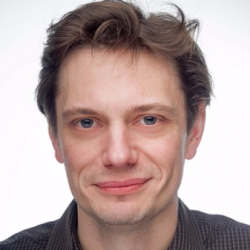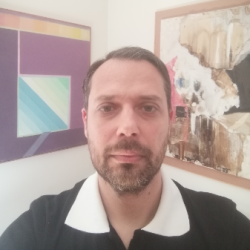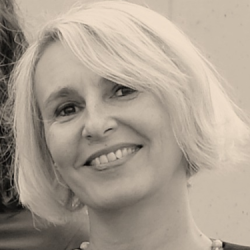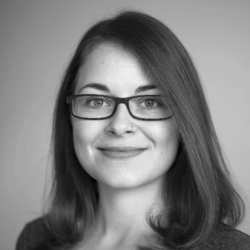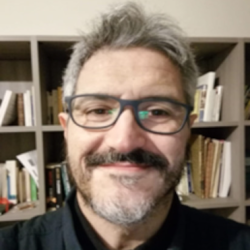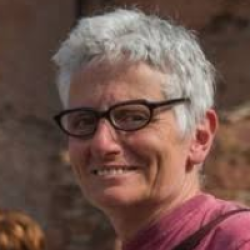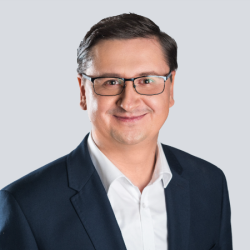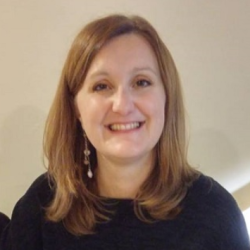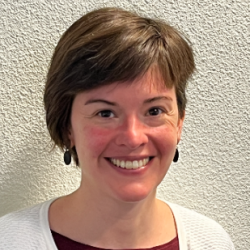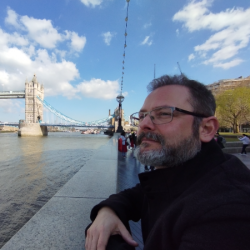About
Decentralised approaches to data sharing and aggregation, among others based on the SOLID protocol, are evoking growing and vivid interest from the Europeana Aggregators’ Forum (EAF) and, more broadly, the digital cultural heritage sector.
This Task Force conducted an intensive, but broad consultation within the EAF and with relevant external stakeholders in order to:
Familiarise aggregators (individually and as a forum) with the broad span of innovation on decentralisation (in heritage and other domains);
Reach out to other relevant business and technology stakeholders for information and knowledge;
Assess the feasibility of transitioning to decentralisation from the perspective of an aggregator
Recommend to the Europeana Initiative next steps on exploring and implementing decentralisation approaches.
The Task Force combined the following high-level activities:
Knowledge gathering: Reach out to relevant and like-minded projects in the area of data spaces, initiatives and standardisation bodies in Europe (Gaia-X / International Data Spaces, Post-Platforms, SOLID, etc) for consultation and to obtain various perspectives on the task at hand. These consultations also looked at other technologies like blockchain-based solutions or the InterPlanetary File System (IPFS) protocol.
Consultation with aggregators: Reach out to aggregators from the EAF as well as aggregators from other parts of the world (e.g. DPLA, Trove, UNESCO) for an in-depth conversation and consultation on decentralisation.
Consultation with other stakeholders: Reach out to platforms, apps, collection management organisations, opinion leaders, strategic consultancies and universities to get insight into their perspectives on the adoption of a decentralised approach.
Alignment with existing strategies: Assess how the decentralised architecture can serve the goals of the aggregators themselves, might that be in their relationship with Europeana and the common European data space for cultural heritage or with regard to their own experience and strategic goals and try to clarify what it would take to integrate this approach in the national strategies defined in the context of the common European data space for cultural heritage.
Transition ideation: Broad thinking on the possible scenarios of transitioning to new aggregation architectures and coexistence of various aggregation schemes within the same (data) space.
Outcome
Based on its findings, the Task Force’s final report includes a high-level introduction into decentralised technologies and approaches, an overview of challenges presented to the current aggregation landscape and opportunities how these could be addressed from the perspective of a decentralised approach, as well as a set of recommendations for next steps in the transition towards the data space.
Recommendation 1 - Elevate continued exploration
While the Task Force’s activities provide a sound overview of the status quo, the topic of decentralisation is a moving target with a series of additional areas to explore. This includes further actors in the sphere of data spaces and decentralisation as well as the evolving intricate relationships between the actors already investigated, but also additional stakeholders next to the group of aggregators that formed the focus of the Task Force. The Task Force hence recommends the establishment of a cross-Initiative Working Group to carry on this piece of work, to connect it to other tasks and activities resulting from the deployment of the data space for cultural heritage, and to relate it to developments in other common data space projects as appropriate.
Recommendation 2 - Develop use cases further
Part of the report is a set of use cases representing current challenges in sharing and reusing cultural heritage data from the perspective of an aggregator. In order to evaluate the full potential of a decentralised approach in addressing these challenges, the Task Force recommends that these use cases are elaborated in more detail as to how they would materialise in a decentralised context. Furthermore, these use cases should be complemented by use cases representing other stakeholders such as cultural heritage institutions, heritage researchers and other groups of end-users and addressing a variety of usage scenarios.
Recommendation 3 - Pilot a decentralised approach
To be in a position to more clearly articulate what a decentralised approach means in terms of technical requirements, data flows, data use and re-use, but also with regard to its cost-effectiveness and potential ecological impact, the Task Force recommends running a pilot with a selection of partners representing the main stakeholder types expected to play active roles in the data space. Such a pilot implementation could connect to and build on the proof of concept developed by the Linked Data Task Force of the EuropeanaTech Community.
Recommendation 4 - Explore impact on the aggregation landscape
Building on the previous two recommendations, the Task Force suggests conducting a more detailed impact assessment with regard to what a decentralised approach means for the existing aggregation landscape of the Europeana Initiative, especially the Europeana Aggregators’ Forum and the Europeana Foundation. Such assessment should look at data-related processes and workflows, but also at the role of aggregators, including Europeana Foundation, and how it changes in a decentralised approach. Furthermore, the Task Force recommends to consider different levels of decentralisation or combinations of decentralised and centralised approaches for the different pieces that will make the data space for cultural heritage.
Recommendation 5 - Explore impact on data governance and governance of the data space
The last point made above should, following the Task Force’s final recommendation, be extended into an impact assessment that looks at other aspects than the technical ones which require different solutions in a decentralised approach. This includes topics such as data governance and the frameworks currently in place for this within the Europeana Initiative as well as, more generally, the governance of the data space in itself.
In combination, the results from these recommended activities are expected to support the Europeana Initiative in defining a clear roadmap for the deployment of the data space for cultural heritage with technical and organisational requirements as well as resources for a decentralised or hybrid approach by the end of the second year of the deployment contract for the data space for cultural heritage.
Download the Task Force’s final report below.

